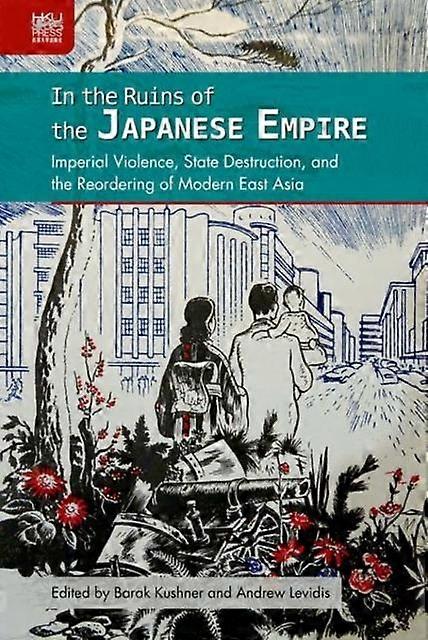説明
In the Ruins of the Japanese Empire concludes that early East Asian Cold War history needs to be studied within the framework of postimperial history. Japans surrender did not mean that the Japanese and former imperial subjects would immediately disavow imperial ideology. The end of the Japanese empire unleashed unprecedented destruction and violence on the periphery. Lives were destroyed names of cities altered collaborationist regimeswhich for over a decade dominated vast populationsmelted into the air as policeman bureaucrats soldiers and technocrats offered their services as nationalists revolutionaries or communists. Power did not simply change hands swiftly and smoothly. In the chaos of the new order legal anarchy revenge ethnic displacement and nationalist resentments stalked the postcolonial lands of northeast Asia intensifying bloody civil wars in societies radicalized by total war militarization and mass mobilization. Kushner and Levidiss volume follows these processes as imperial violence reordered demographics and borders and involved massive political economic and social dislocation as well as stubborn continuities. From the hunt for traitors in Korea and China to the brutal suppression of the Taiwanese by the Chinese Nationalist government in the longforgotten February 28 Incident the research shows how the empires end acted as a catalyst for renewed attempts at statebuilding. From the imperial edge to the metropole investigations shed light on how prewar imperial values endured during postwar Japanese rearmament and in party politics. Nevertheless many Japanese actively tried to make amends for wartime transgressions and rebuild Japans posture in East Asia by cultivating religious and cultural connections.
-
Fruugo ID:
391907017-838698024
-
ISBN:
9789888528288

